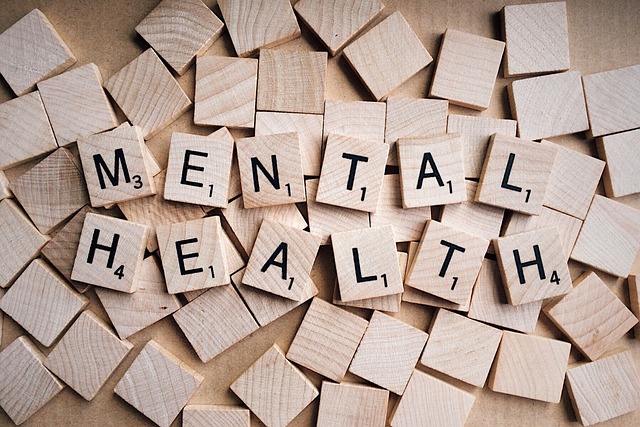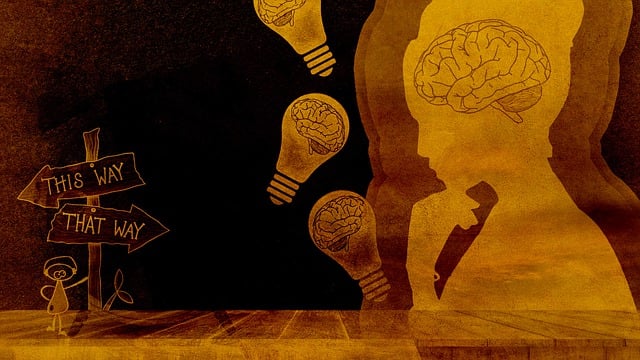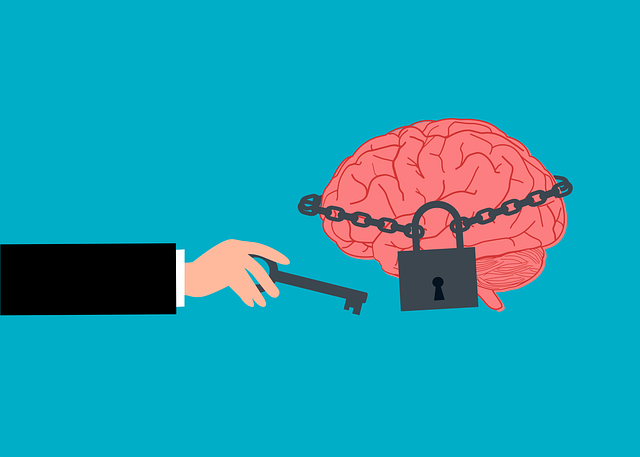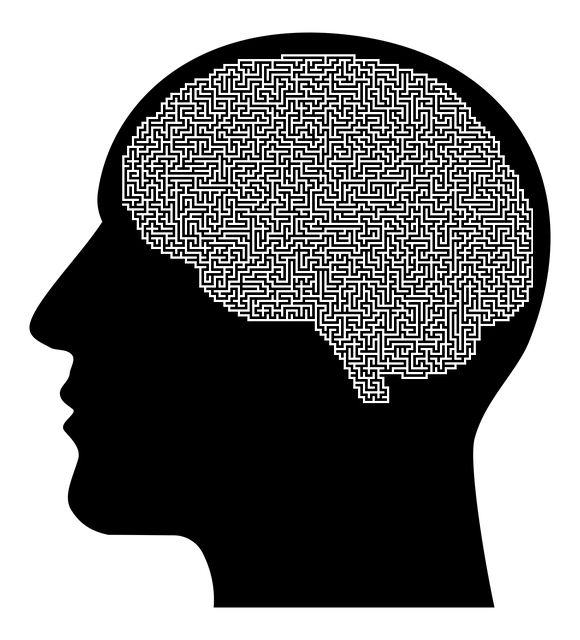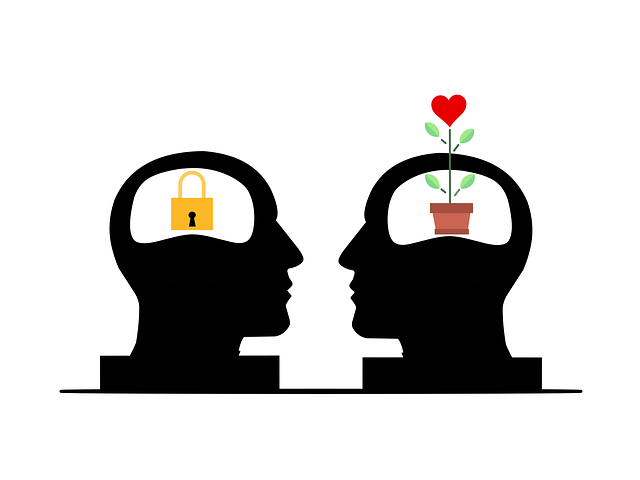Mood regulation strategies, including therapy for children and independent medical evaluations (IMEs), are vital for promoting kids' well-being and preventing long-term mental health issues. Evidence-based child therapy techniques, combined with IMEs, empower young individuals to develop emotional resilience and adaptive coping mechanisms. These approaches enhance emotional intelligence, build positive self-images, and foster safe spaces for expression. Integrating these insights into education programs creates supportive environments that nurture diverse populations' overall well-being. By combining structured therapy sessions, cognitive-behavioral therapy (CBT), and personalized treatment plans based on IMEs, children gain tools to independently manage their emotions, boosting confidence and life satisfaction while fostering healthier development and enhanced resilience.
Mood regulation is a vital skill for children’s well-being, fostering resilience and healthy development. This comprehensive guide explores effective strategies to support young individuals in managing their emotions. From understanding the fundamentals of mood regulation to practical approaches like therapy and self-care tools, we delve into creating a supportive environment. Additionally, we discuss the role of independent medical evaluations in unlocking access to specialized care, offering a holistic perspective on promoting children’s emotional well-being through evidence-based methods, including therapy for children.
- Understanding Mood Regulation: A Foundation for Children's Well-being
- The Role of Therapy in Teaching Children Emotional Management Skills
- Independent Medical Evaluations: Unlocking Access to Specialized Care
- Creating a Supportive Environment at Home and School
- Empowering Children with Self-Care Tools for Long-term Mood Stability
Understanding Mood Regulation: A Foundation for Children's Well-being

Understanding mood regulation is a cornerstone for fostering children’s well-being and overall mental health. Children, like adults, experience a wide range of emotions, and learning to manage them effectively is essential for their development. Mood regulation strategies provide a foundation for kids to navigate their feelings, reducing the risk of long-term mental health issues. By implementing evidence-based techniques, such as those derived from therapy for children, professionals can empower young individuals to develop resilience and adaptive coping mechanisms.
Independent medical evaluations play a crucial role in identifying specific needs and tailoring interventions accordingly. These assessments consider cultural sensitivity in mental healthcare practice, ensuring that strategies are inclusive and effective across diverse populations. Moreover, integrating confidence-boosting techniques into therapy can significantly enhance a child’s ability to regulate emotions and build a positive self-image. Mental health education programs design should incorporate these insights to create supportive environments that nurture emotional intelligence and overall well-being in children.
The Role of Therapy in Teaching Children Emotional Management Skills

Therapy plays a pivotal role in teaching children essential emotional management skills. Through structured sessions, therapists help young minds understand and express their feelings effectively. This process involves various techniques tailored to each child’s unique needs, such as cognitive-behavioural therapy (CBT), which teaches them to identify and challenge negative thought patterns. By fostering mental health awareness at an early age, therapy equips children with the tools to navigate emotional landscapes independently.
Independent medical evaluations often reveal the profound impact of trauma support services in conjunction with therapy. These evaluations highlight how specialized interventions can significantly enhance self-esteem improvement in children. Trauma-informed therapy approaches, for instance, create safe spaces for children to process traumatic experiences, fostering resilience and healthy coping mechanisms. Thus, a holistic approach combining therapy and evaluation empowers children to manage their emotions, build confidence, and lead more fulfilling lives.
Independent Medical Evaluations: Unlocking Access to Specialized Care

Independent Medical Evaluations (IMEs) play a pivotal role in unlocking access to specialized care for children struggling with mood regulation issues. These comprehensive assessments, conducted by qualified healthcare professionals, offer a deep dive into a child’s mental health landscape. By integrating insights from various disciplines, IMEs can pinpoint specific challenges and tailor therapeutic interventions accordingly. For instance, therapists specializing in childhood therapy can leverage these evaluations to design personalized treatment plans that combine evidence-based practices like cognitive-behavioral therapy with innovative approaches such as mental wellness coaching programs.
Beyond therapy, IMEs contribute to the broader development of healthcare provider cultural competency training, ensuring professionals are equipped to address the unique needs of diverse populations. This nuanced understanding of emotional intelligence empowers providers to create safe spaces for children to express their feelings and engage in effective coping strategies. By seamlessly integrating IMEs into standard practices, mental health care can evolve to better support children’s emotional well-being, fostering healthier development and enhanced resilience.
Creating a Supportive Environment at Home and School

Creating a supportive environment is pivotal for effective mood regulation strategies, especially for children navigating mental health challenges. At home, this can involve establishing structured routines, ensuring consistent love and support from caregivers, and incorporating calming activities like mindfulness exercises or creative outlets. A sense of safety and predictability fosters emotional regulation skills, allowing kids to manage their moods more effectively.
In the educational setting, schools play a crucial role in promoting Mental Health Awareness through Crisis Intervention Guidance programs. Regular independent medical evaluations can identify children in need of specialized therapy for Children, enabling early intervention. By implementing inclusive practices that cater to diverse learning styles and emotional needs, educators contribute significantly to students’ overall emotional regulation, thereby enhancing their academic performance and well-being.
Empowering Children with Self-Care Tools for Long-term Mood Stability

Teaching children effective mood regulation strategies early on is a powerful tool for fostering long-term emotional well-being. By empowering kids with self-care techniques, they can develop a sense of autonomy and resilience in managing their mental health. This proactive approach can be facilitated through therapy sessions tailored to their age group, where professionals teach coping mechanisms such as mindfulness exercises or journaling as stress reduction methods.
Incorporating independent medical evaluations can also play a crucial role in identifying any underlying issues and providing personalized recommendations. These assessments, coupled with therapy, enable children to gain insights into their emotional triggers and learn healthy ways to cope. Additionally, building self-esteem improvement techniques into these practices can further strengthen their ability to navigate mood fluctuations, leading to better overall mental stability.
In conclusion, mood regulation strategies are paramount in fostering children’s well-being. Combining therapy for children with independent medical evaluations can unlock specialized care, while creating supportive environments at home and school is essential for long-term success. Equipping children with self-care tools empowers them to navigate their emotions effectively, ensuring a brighter and more resilient future.
